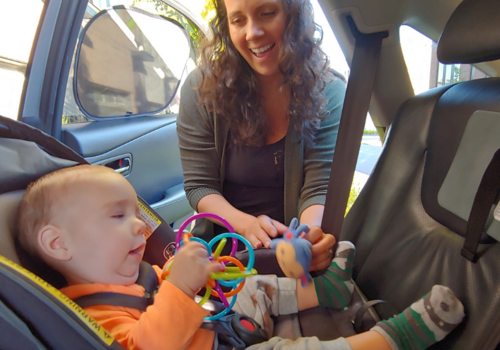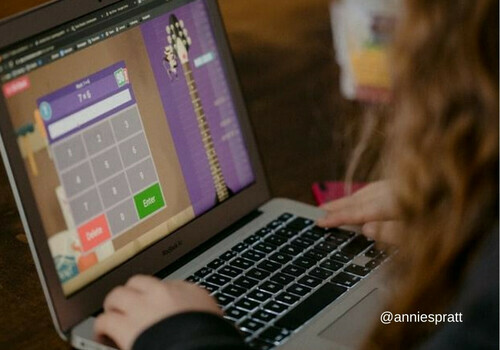
With a new frame of mind, designers can create humane technology. Former Google tech ethicist Tristan Harris wants to teach them how.
“This talk is about the wisdom we need to steer technology, and our future.” The words from his new message shone brightly from the screen at the 2022 mindfulness in technology conference, Wisdom 2.0.
Harris was back at the place where in 2015, he pulled back the curtain on how tech companies used “persuasive design.” They were in “a race to the bottom of our brainstems to seduce our instincts.”
Their products did not support human well-being, he claimed. “It’s like being on a diet, but you are only handed menus with burgers and fries.”
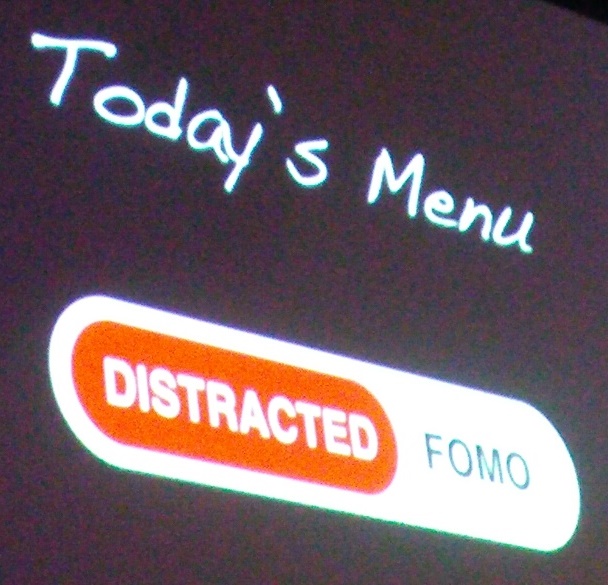
Design as Determinant
In How to Be a Durable Human: Revive and Thrive in the Digital Age Through the Power of Self-Design, tech usability expert Jared Spool defines Design as “the rendering of intent.”
Harris believes tech companies’ intentions were way off when they started Google, Facebook, and other platforms. He should know, having trained in the Stanford University Persuasive Technology Lab.
Since tech products could be accessed for free, users’ personal data were fair game, which companies made unprecedented sums from selling and re-selling. Individuals were hyper-targeted under the guise of “giving users what they want.”
Silicon Valley founders saw tech as a neutral vessel. That users became trapped in polarized filter bubbles was not the platforms’ problem.
The result today: the loudest and meanest social media opinions seem to be the majority. As Harris observes, “we start to believe the extreme voices and stereotypes represent the world.”
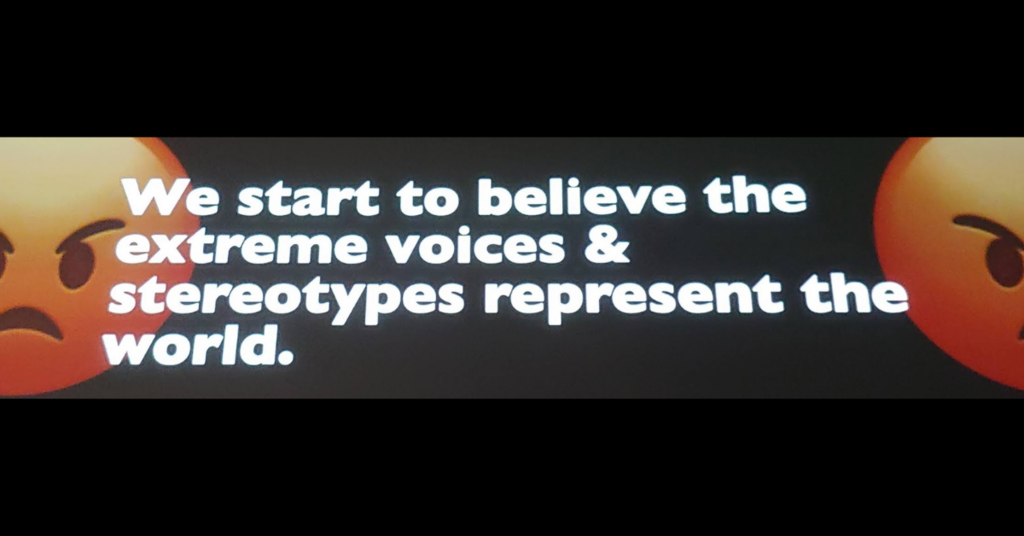
Besides political turmoil, he blames early Silicon Valley attitudes for creating problems ranging from information overload and addiction, to synthetic charlatans including bots and DeepFakes.
Over the years, it became standard practice to use psychological sleight of hand to keep users engaged.
Children have been especially affected. Since the dawn of social media, youth mental health has significantly eroded.
Even the brain development of babies has been caught in technology’s web.
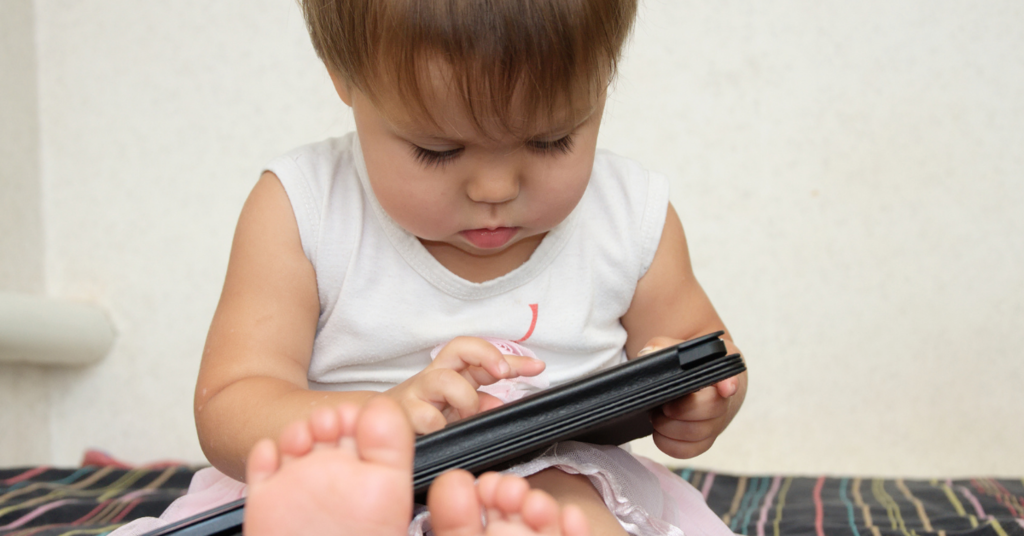
Toward Humane Technology
After much thought and consultation, Harris has come up with a plan: for tech designers to Think Differently. Continue reading



